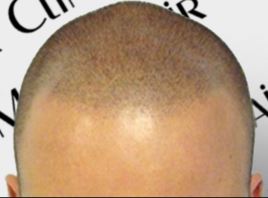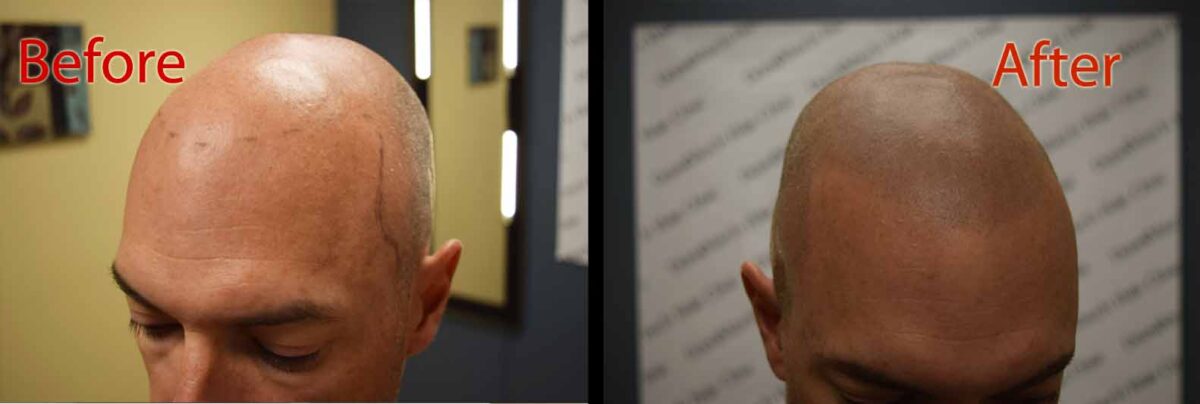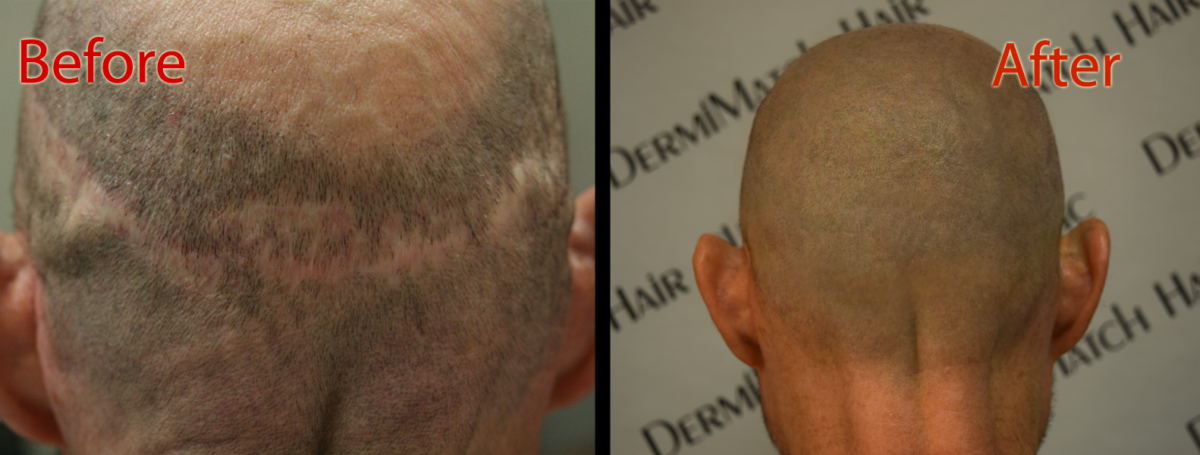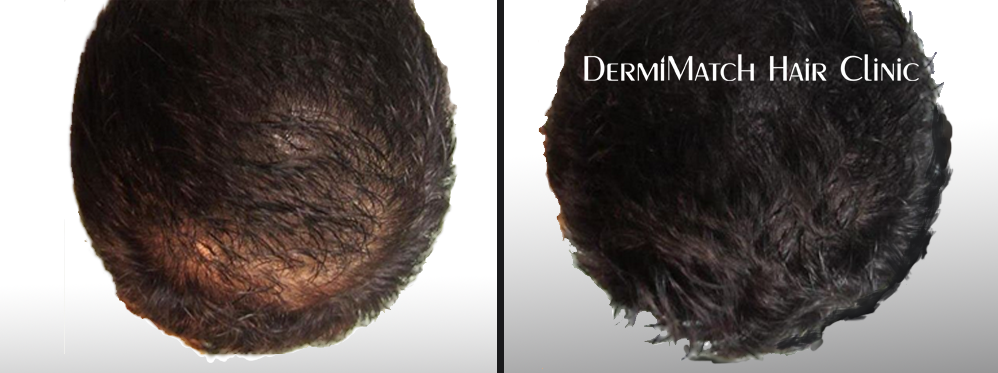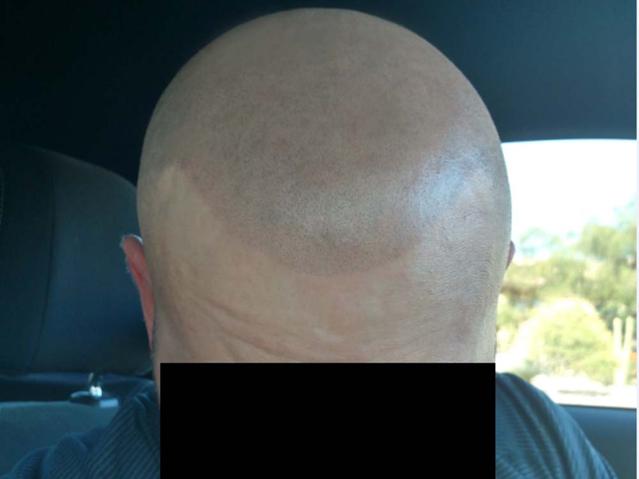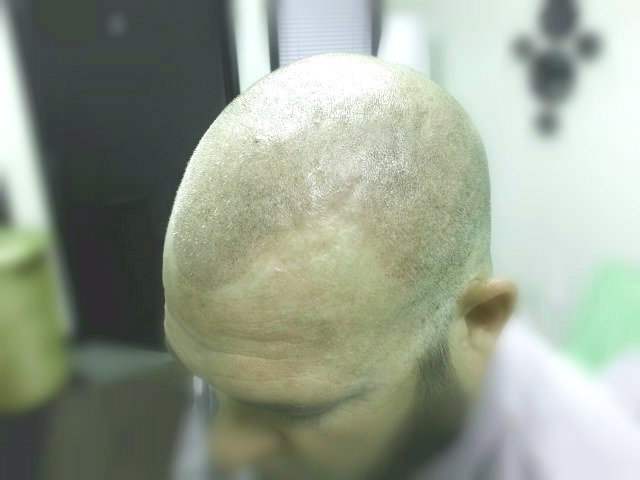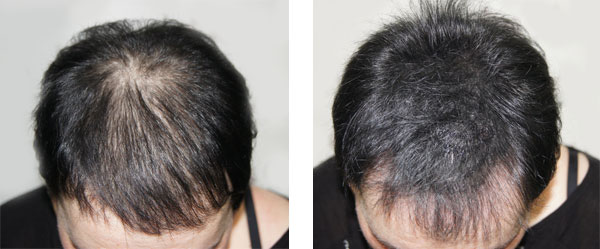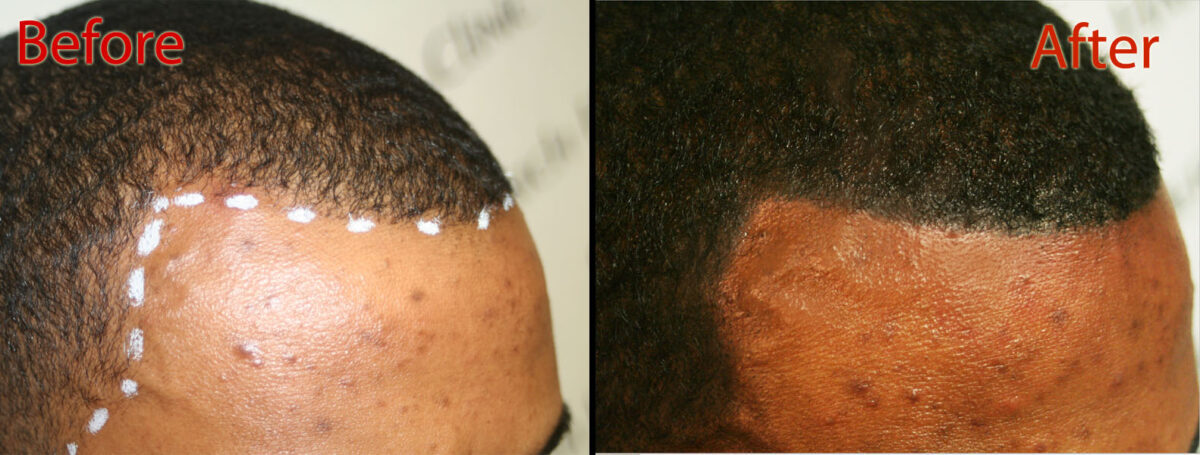Scalp ice therapy uses controlled cold temperatures to improve scalp circulation and health. This simple treatment involves applying ice to trigger natural responses in your scalp. The cold stimulates blood vessels and may create better conditions for existing hair.
When ice touches your scalp, blood vessels immediately constrict. Once you remove the ice, vessels expand rapidly to restore normal blood flow. This process brings fresh oxygen and nutrients directly to hair follicles.
How Scalp Ice Therapy Benefits You?
The expansion phase after ice removal increases circulation significantly. Enhanced blood flow delivers essential nutrients to hair roots and removes waste products. This improved circulation may strengthen existing hair and reduce scalp inflammation.
Ice therapy can also decrease excessive oil production and scalp itchiness. Many users report reduced irritation after regular treatments. The cooling effect temporarily soothes minor scalp conditions like dandruff or buildup.
Research shows cold exposure at 32°F provides optimal therapeutic benefits. Ice cubes wrapped in cloth offer the ideal temperature for safe treatment.
Apply wrapped ice to one scalp section for 60 to 90 seconds maximum. Move systematically across your entire scalp area. Focus extra attention on areas where you notice thinning or irritation.
Limit sessions to once every two to three days. Your scalp needs recovery time between treatments. More frequent application can damage delicate skin tissues.
Important Safety Guidelines
People with diabetes should avoid scalp ice therapy completely. Diabetes affects circulation and nerve sensitivity, making cold injury more likely. Those with circulation disorders face similar risks.
Children under 12 should not use ice therapy. Their skin is more sensitive to temperature extremes. Elderly individuals need extra caution due to age-related circulation changes.
Stop treatment immediately if you experience prolonged numbness, excessive redness, or skin color changes. These symptoms indicate potential tissue damage requiring medical attention.
Never use ice on broken skin, cuts, or active scalp infections. The extreme cold can worsen these conditions and delay healing.
Realistic Expectations and Results
Most people notice scalp comfort improvements within two weeks of regular ice therapy. Hair-related benefits may take six to eight weeks to become apparent. Results vary significantly between individuals.
Ice therapy works best for scalp maintenance rather than dramatic hair restoration. Some people experience reduced hair shedding during treatment periods. Existing hair may appear healthier and feel stronger.
Set realistic expectations about what cold therapy can achieve.
When Natural Methods Aren’t Enough
Scalp ice therapy cannot reverse genetic hair loss patterns. Male and female pattern baldness involves hormone-driven follicle shrinkage. Cold treatment alone cannot restore miniaturized or dormant follicles.
Autoimmune conditions like alopecia areata require medical intervention. Post-surgical hair loss often involves permanent follicle damage. Natural remedies cannot regenerate severely damaged follicles.
Consider discontinuing treatments that provide minimal benefits after three months of consistent application. Evaluate your time investment versus actual results achieved.
Advanced Solutions for Persistent Hair Loss
When ice therapy and other natural approaches fail to provide satisfaction, professional alternatives become necessary. Dermatologists offer prescription treatments for various hair loss conditions. Hair transplant surgery and laser therapy represent other medical options.
However, these treatments often require ongoing maintenance, significant investment, and varying success rates. Many people seek more predictable solutions for their hair loss concerns.
Why Consider Scalp Micropigmentation?
Scalp micropigmentation offers permanent visual improvement when natural methods prove insufficient. This cosmetic procedure uses specialized tattooing techniques to create a realistic hair appearance without requiring existing follicles.
Unlike temporary solutions needing ongoing maintenance, scalp micropigmentation provides immediate and lasting results. The treatment works regardless of hair quantity or follicle condition.
Skilled practitioners can match natural hair color and create convincing density illusions. The procedure suits people with partial thinning or complete hair loss equally well. Recovery time is minimal compared to surgical restoration options.
Most people return to normal activities within days of completing micropigmentation sessions. Results look natural and require no special maintenance routines.
Making the Right Choice
Scalp ice therapy represents a safe starting point for addressing scalp concerns naturally. This low-cost approach may provide modest benefits for some individuals. However, significant hair loss requires more comprehensive solutions like SMP.
Professional consultations help determine appropriate approaches for your specific situation. Combining realistic natural care with advanced cosmetic procedures often produces the most satisfying long-term outcomes.
When ice therapy cools your scalp but doesn’t restore your confidence, scalp micropigmentation creates the bold, natural-looking results that make a real difference in your appearance and self-esteem. However, choosing the right practitioner becomes critical for achieving these transformative results.
The growing popularity of scalp micropigmentation has attracted many unqualified providers to this specialized field. Traditional tattoo artists often claim they can perform SMP simply because both involve needles and pigments. This assumption creates serious risks for unsuspecting clients seeking professional hair loss solutions.
Scalp micropigmentation requires completely different techniques from traditional tattooing. The needle depth, pigment formulation, dot placement patterns, and color matching expertise differ dramatically from conventional tattoo work. Regular tattoo artists lack the specialized training needed to create realistic hair follicle appearances.
Poorly executed SMP procedures result in unnatural colors, wrong dot sizes, improper hairline designs, and pigment changes over time. These mistakes often require expensive laser removal treatments before corrective work can begin. Some botched procedures leave permanent scarring that makes future SMP impossible.
Find a trusted scalp artist in Arizona at DermiMatch Clinic. The best Arizona SMP technicians are available for consultation here.

